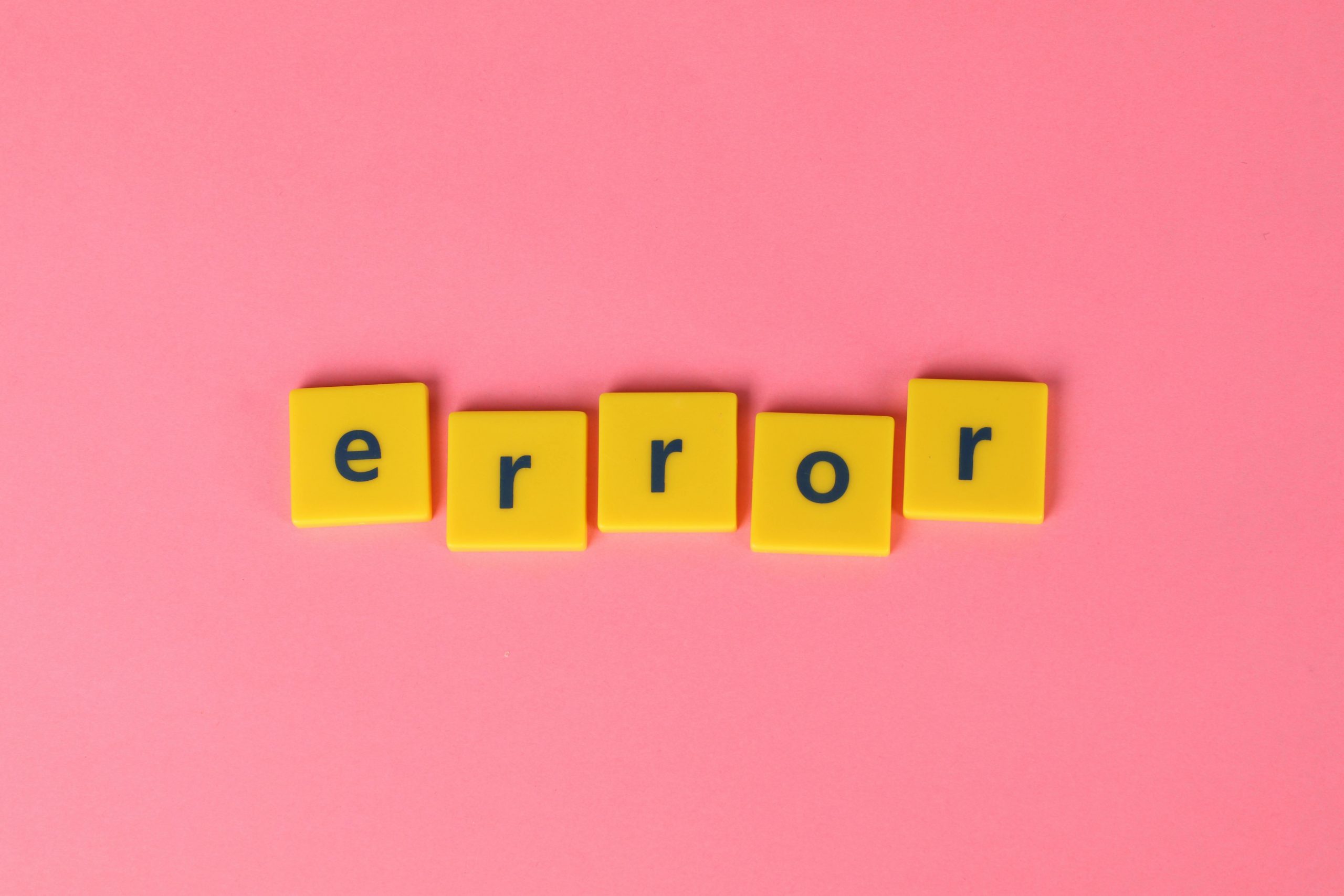Avoid Them for Success


The Top 3 Mistakes in National Interest Waiver Petitions: How to Avoid Them
Embarking on the journey toward a National Interest Waiver (NIW) involves substantial investment—money, time, and dreams are all on the line. Despite your best efforts and significant investment, success is not guaranteed. Often, the roadblocks are due to simple mistakes. But fear not: here is a guide through three common pitfalls in the NIW process and how to avoid them.
Mistake #1: Submitting Weak Reference Letters
Reference letters, though not mandatory, play a pivotal role in the NIW petition process. Many adjudicators expect to see them, and their quality can significantly influence the outcome of your case. To ensure your reference letters are compelling:
- Qualifications: Include the letter writer’s credentials and their standing in your field.
- Relationship: Describe how the writer knows you and can attest to your accomplishments.
- Specifics: Ensure the letter details your contributions and highlights your expertise.
- Alignment with NIW Criteria: Align the content with the three-part test used by USCIS to judge NIW eligibility, emphasizing your influence and contributions to your field.
A well-crafted reference letter serves as a strong testament to your qualifications and aligns with the criteria set by USCIS.
Mistake #2: Overloading Your Application with Supporting Documents
More isn’t always better. Overwhelming USCIS examiners with an excess of documentation can backfire:
- Quality Over Quantity: Focus on submitting strong, relevant documents rather than a high volume of paper.
- Relevance and Impact: Ensure your strongest evidence is prominent and not buried under less persuasive evidence.
- Conciseness and Clarity: Remember, USCIS examiners have limited time and will appreciate a well-organized and concise petition package.
Striking the right balance in the volume of documentation can significantly affect the reviewer’s understanding and appreciation of your case.
Mistake #3: Underutilizing the Cover Letter
The cover letter is often the most underappreciated tool in your petition package. It should be more than just a list of documents; it should be a persuasive piece that ties your entire application together:
- Explain Clearly: Describe in plain language how your application meets each part of the NIW three-part test.
- Draw Comparisons: Compare your case to successful ones, highlighting how yours is as strong or stronger than them.
- Detail Benefits: Explicitly state how your work benefits your field or industry.
A compelling cover letter can make a significant difference, turning a borderline petition package into a strong one.
Conclusion
Avoiding these common mistakes can greatly enhance your chances of a successful National Interest Waiver case. By ensuring strong reference letters, balancing the quantity and quality of your documentation, and leveraging your cover letter to its full potential, you position yourself for the best possible outcome.
Share With Your Friends


